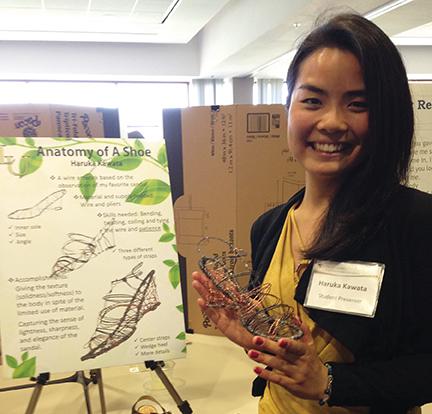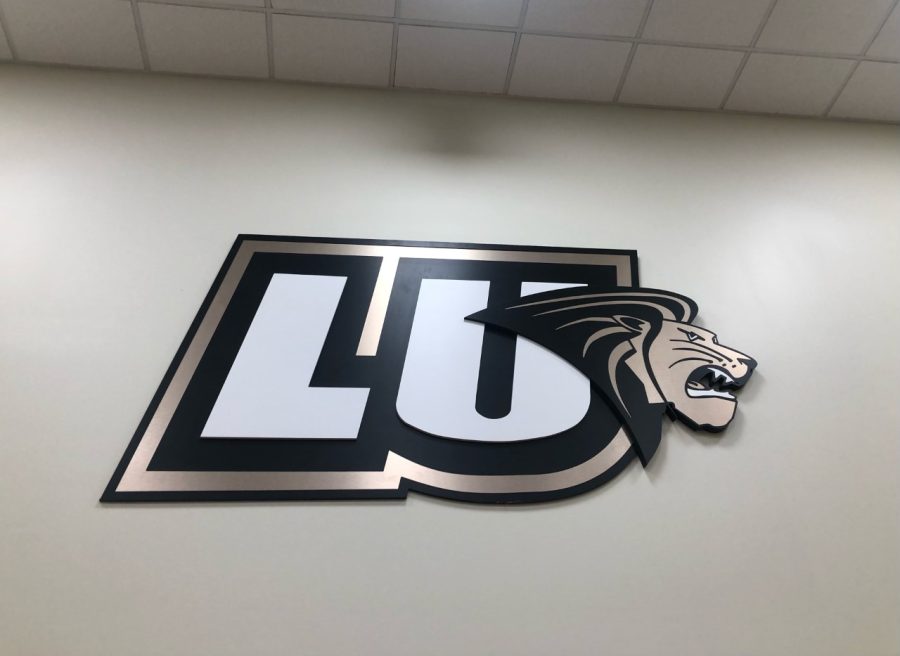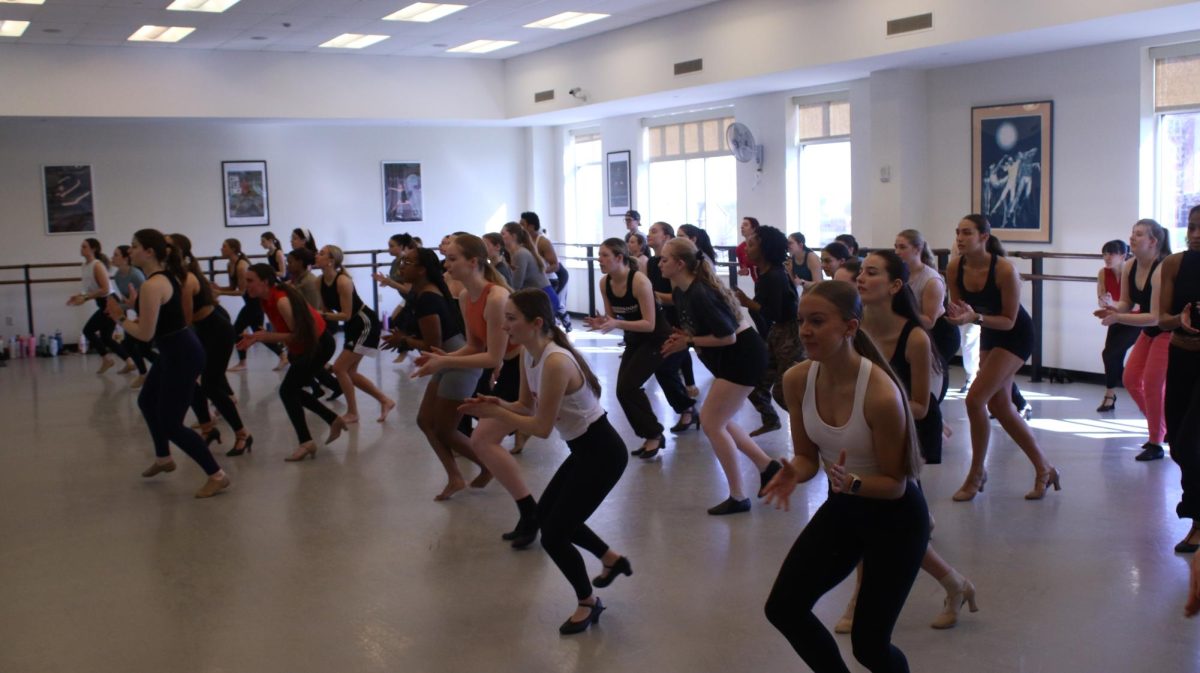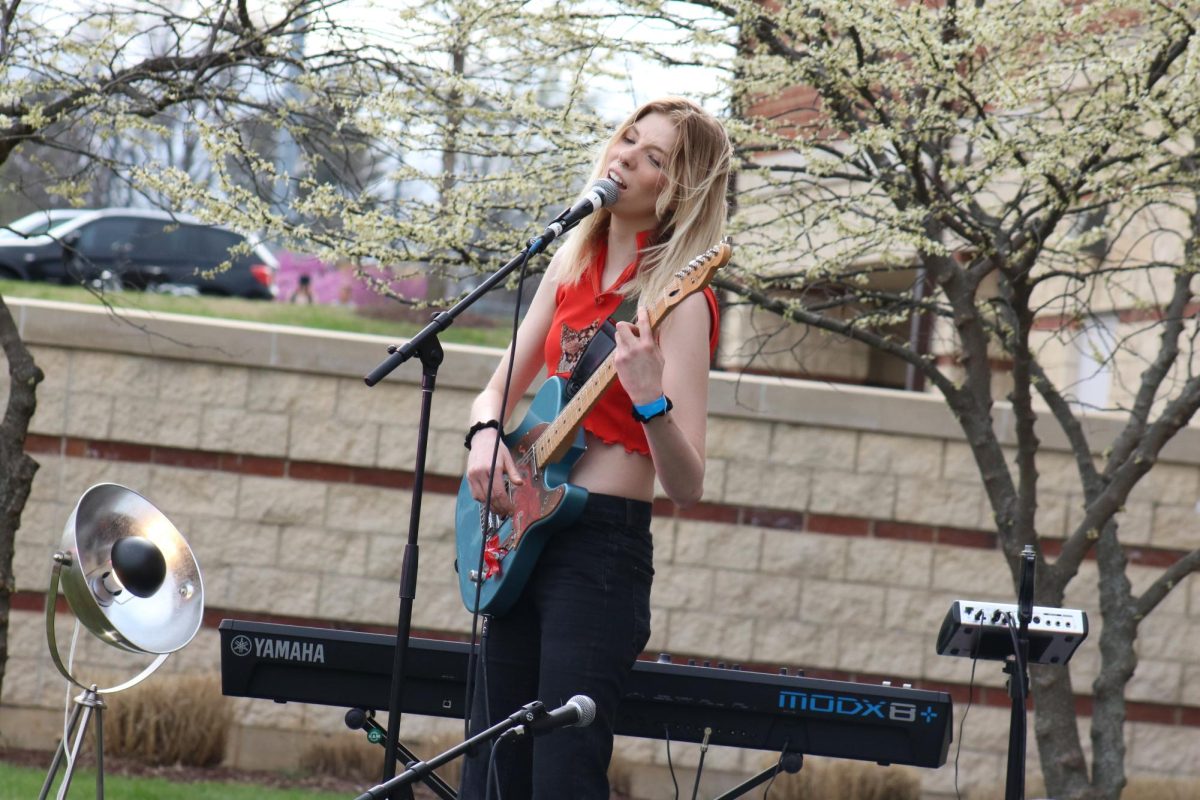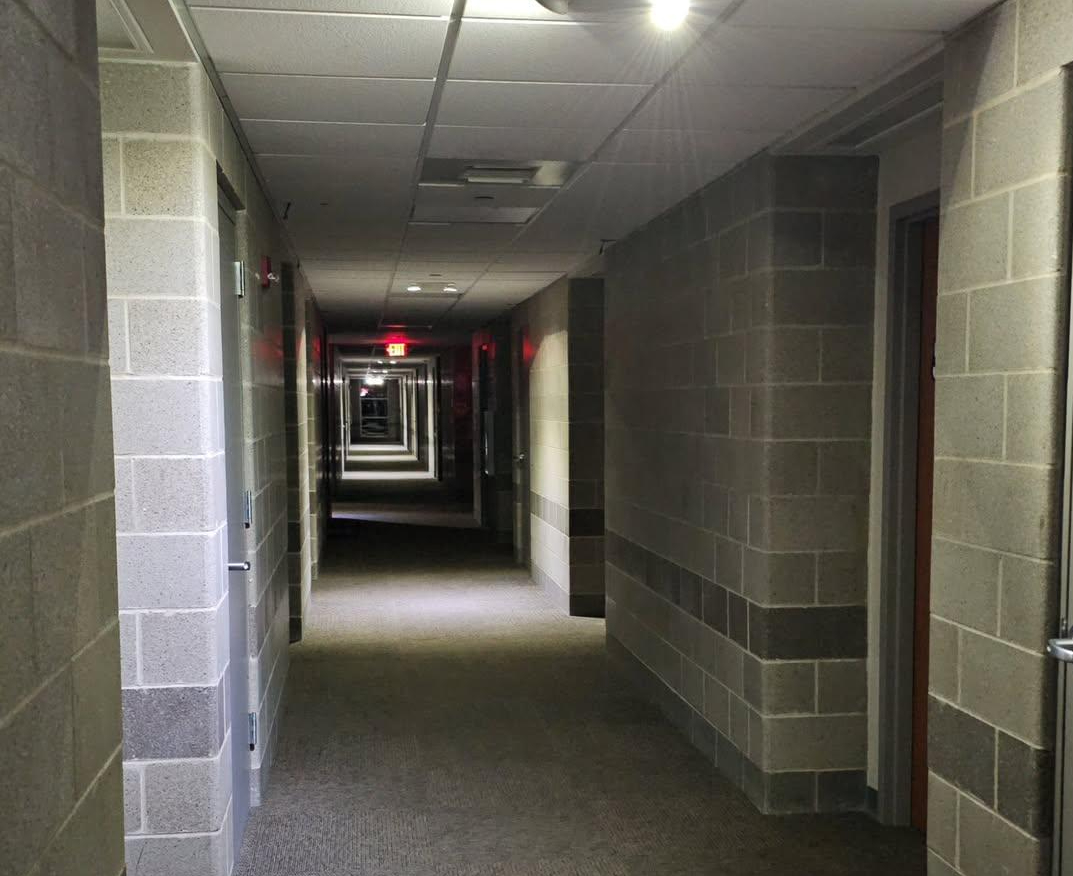Viki Muench | Staff Reporter
Published April 29, 2015; 5 p.m.
Throughout the school year, many classes give students the opportunity to execute their ideas and visions for special topics in the form of research or creative projects.
The hard work that goes into these projects doesn’t go unnoticed by LU, as students have the chance to display their research findings to an audience during the annual Student Research Symposium and Exposition.
On Wednesday, April 22, the third symposium took place in the Spellmann Center. Fifty-one ideas by over 120 students were presented to the public, students and faculty members during a viewing open house and several concurrent sessions.
Students showcased their work at the exposition in poster formats or during presentations all afternoon.
A panel of faculty members served as judges to elect the winners in different categories, based on the different departments.
Senior Sam Rudloff presented his LU Recycling Grant project, where he and the members of his committee researched ways for LU to become a greener and more eco-friendly campus.
Rudloff was excited about the opportunity to feature his work through the symposium.
“This is awesome. I like that the symposium shows how brilliant LU students are,” Rudloff said. “It is the perfect platform for students to show their dedication to subjects they are passionate about.”
The research projects covered many different topics and categories that represented work from the School of Business, Education, Fine Arts, Human Services, Humanities, Science and Sport and Exercise Science.

Sophomore Haruka Kawata researched the anatomy of a shoe in her 3D design class, where she recreated a sandal using different types of wires and techniques.
“With my project I wanted to study the different elements of a shoe and explore its texture and design. The wires act visually more as a skeleton. To me, this project was more like a study beyond an artistic point of view,” said Kawata.
Gustavo Miranda presented his project titled “To Sleep or Not to Sleep,” where he explored the effects of work time on sleep.
“My research had the conclusion that the more minutes a person works, the less minutes that person will sleep per week,” said Miranda.
He found that demographical, social and economic factors, even though assumed, have in fact no effect on the demand for sleep.
Later in the day, Miranda won first place for the undergraduate business and entrepreneurship category.
President Evans personally handed out the awards.
“Without a doubt, the hard work that students put into their projects deserves recognition,” Evans said. “Here at the university we want to do more than just pass on the knowledge we already have. We also want to encourage students to investigate new ideas. Everyone has done a great job.”



